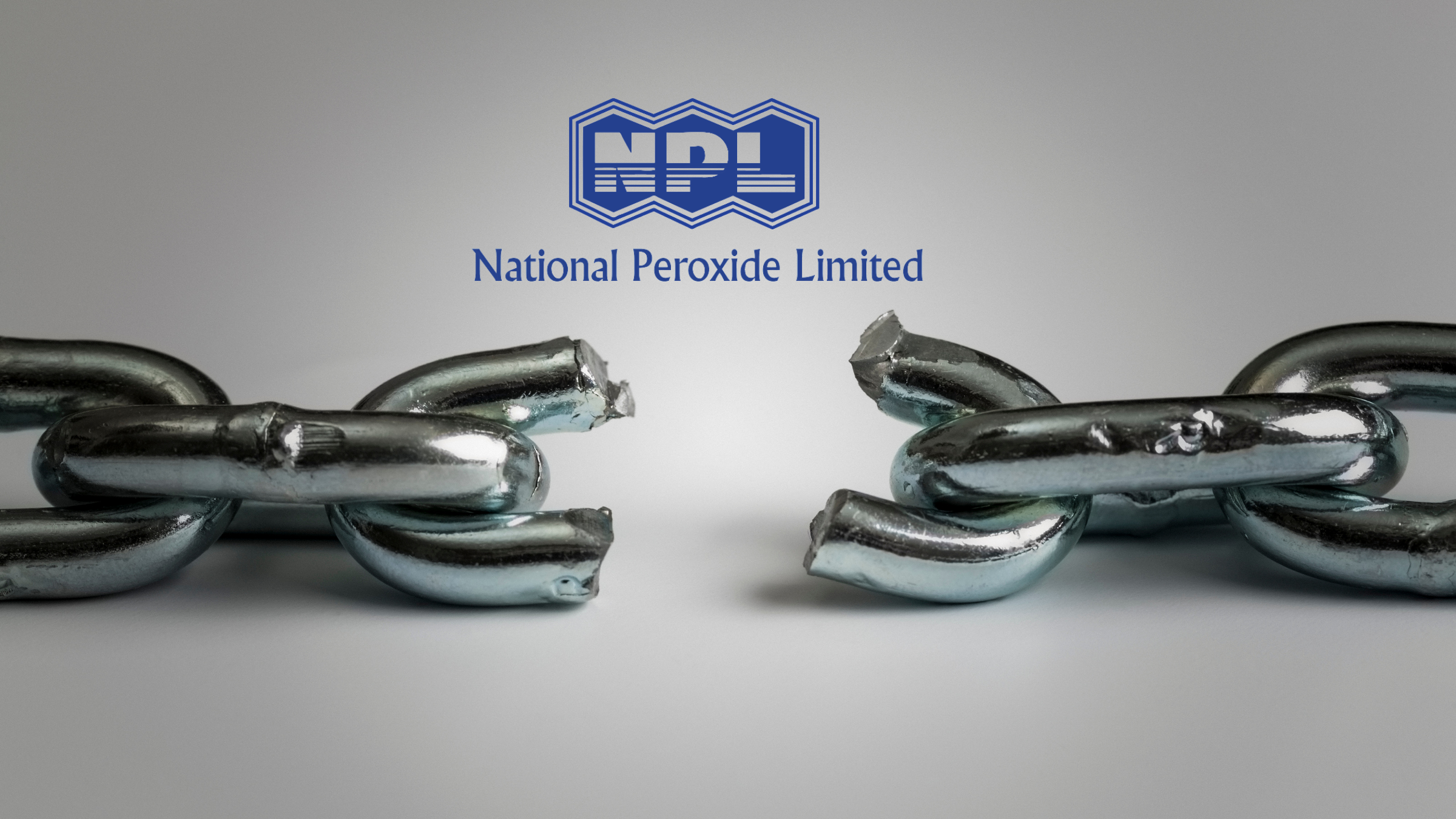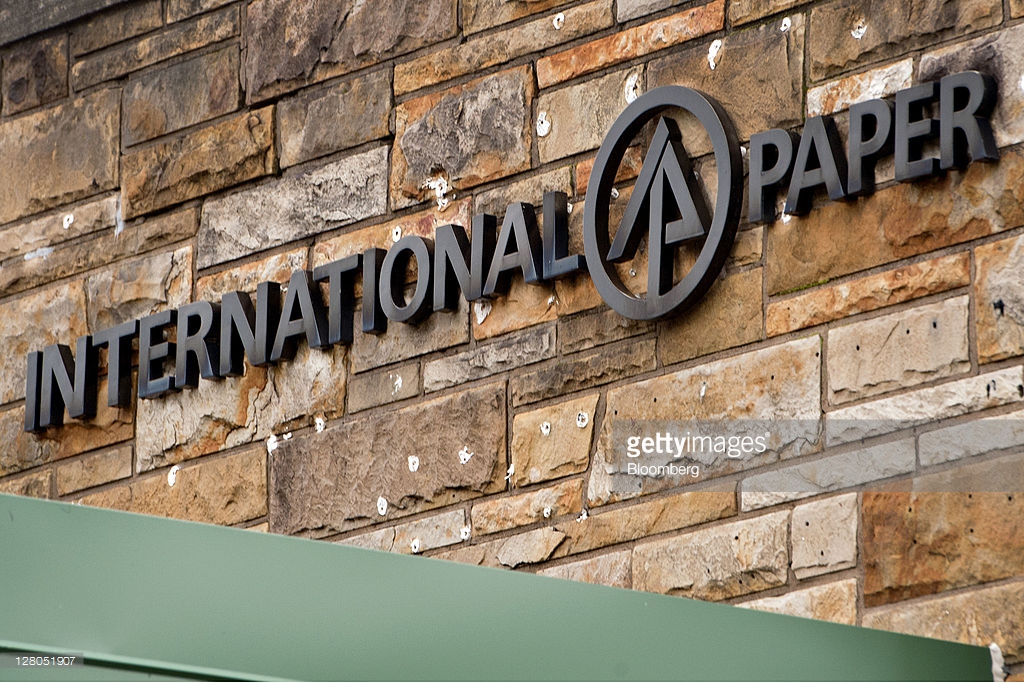Global political uncertainty will create a drag on dealmaking until 2017, according to Blair Effron, partner and co-founder of Centerview Partners LLC.
Historically, the appetite for mergers and acquisitions slows during an election season where both parties put forward non-incumbent candidates, Effron said Monday in a pre-recorded interview on Bloomberg TV, and this year will be no exception.
The unknown outcome of elections in the U.S. and elsewhere — there will probably be a constitutional referendum in Italy before the end of the year, and the next presidential election in France will take place in spring 2017 — also will hamper dealmaking, especially after Labor Day, when election season heats up in the U.S.
Heinz-Kraft
Effron, who has worked on numerous high-profile transactions since 2006, including H.J. Heinz Co.’s $58 billion merger with Kraft Foods Group Inc. last year, said he wouldn’t advise a client to engage in pursuing a deal until 2017.
“Fundamentally, you’re going to advise a client around M&A that you’d rather wait for a little bit of certainty before you make such a strategic, transformational decision,” Effron said
This uncertainty, coupled with a sluggish, 2 percent growth environment, is enough to deter chief executive officers of major companies from doing near-term deals, Effron said.
“On a relative basis, the view of the U.S. is that we are a good market. On an absolute basis, we need to do better,” Effron said.
Despite this sluggish growth environment, Effron views the market for M&A as “active enough,” even compared with last year’s record number of deals.
“This is more of a market that has more longevity to it,” he said. “Last year to me, was an anomaly. You don’t have a year where you have 50 transactions over $10 billion and expect that to continue.”
Still, Effron doesn’t expect this relatively healthy environment to support increased deal volume until after the U.S. election. He sees such high-value deals as especially vulnerable to uncertainty because “mega deals,” as they are called, tend to take longer to close and face more shareholder uncertainty.




